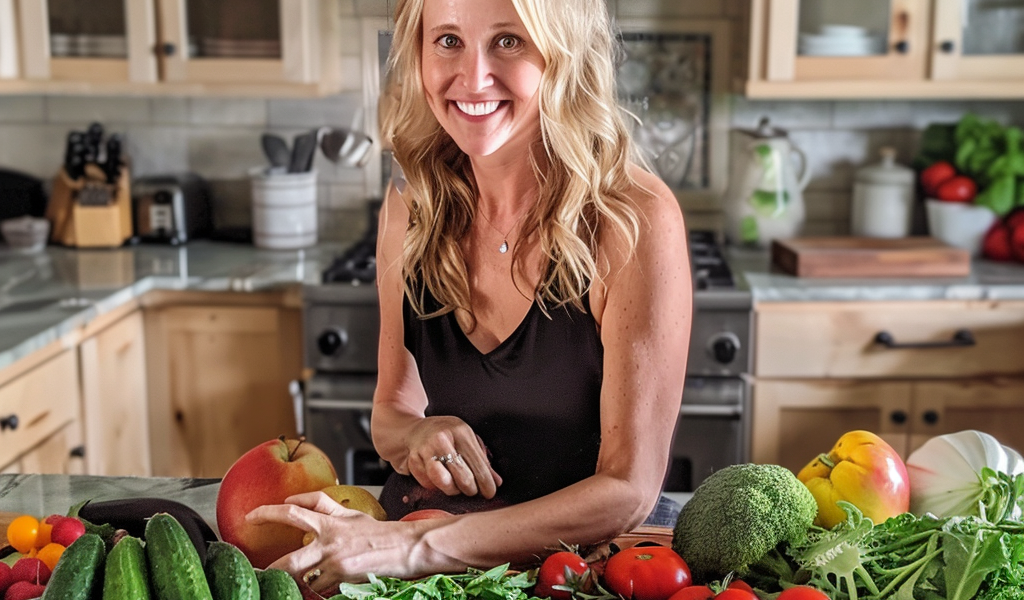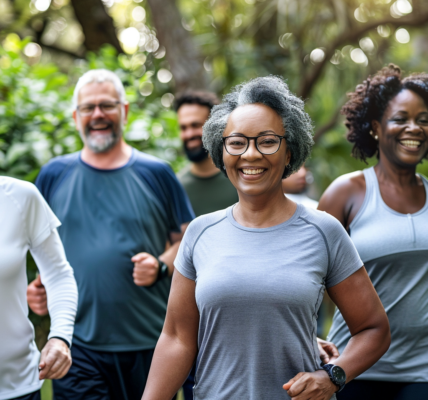Choosing a plant-based diet may spark fears of being bound to a future filled with falafel, fruit, and fava beans. This may once have been the case, but there are now a variety of meatless alternatives. There is a lot of help for those embarking on a plant-based eating journey. Reporter Catherine Sylvester talks to people who have already taken the plunge for their health, finances, and the environment.
For Heidi Jennings, health was the number one motivating factor in adopting a plant-based diet. Diagnosed with toxic heavy metal poisoning in 2017, the Bay of Plenty resident was experiencing severe vertigo and eczema. Hair testing confirmed she had arsenic levels in her system that were “through the roof”.
Heidi asked her doctor for the mildest steroid cream available and began using it sparingly. However, once she discontinued treatment after nine weeks, the rash worsened and spread. Heidi was experiencing a “rebound effect”, she says in her and husband Steve’s book, From Living Hell to Living Well, otherwise known as Topical Steroid Withdrawal (TSW).
With incredibly itchy skin that would flake and bleed, the mum of two says she was housebound for almost two years. Heidi and Steve began researching ways within their own means to help with the healing process. A plant-based diet resonated with Heidi and when she embraced that, she felt it was right for her body.
“I was eating lots of fresh fruits and vegetables, gluten-free grains, healthy fats, legumes,” says the plant-based health coach. “My symptoms from the toxic heavy metal poisoning started to go away.”
As her body started healing, Heidi decided she needed to learn more and studied for a Plant-Based Nutrition Certificate through Cornell University, New York. She was then able to bring this knowledge into the couple’s holistic health coaching business, and now shares about plant-based nutrition with her clients.
Her approach is more flexible than absolute, with a recommendation of an 80/20 ratio of whole-food, plant-based eating making up the majority of a patient’s diet, helping to encourage sustainability and ease for those hesitant to go all-in straight away.





